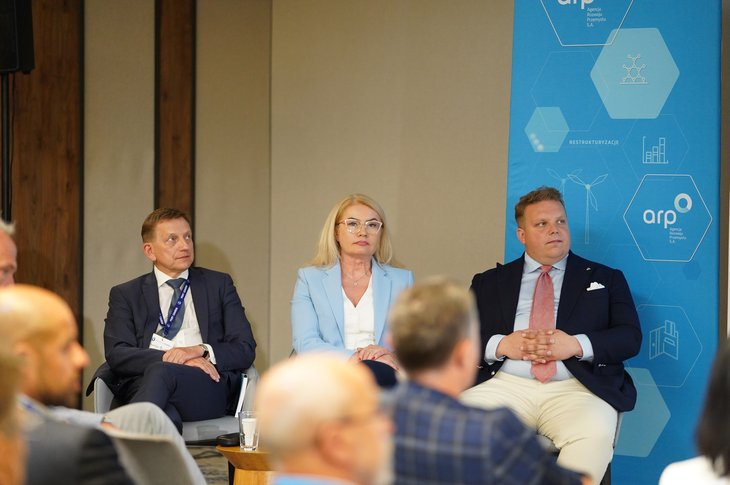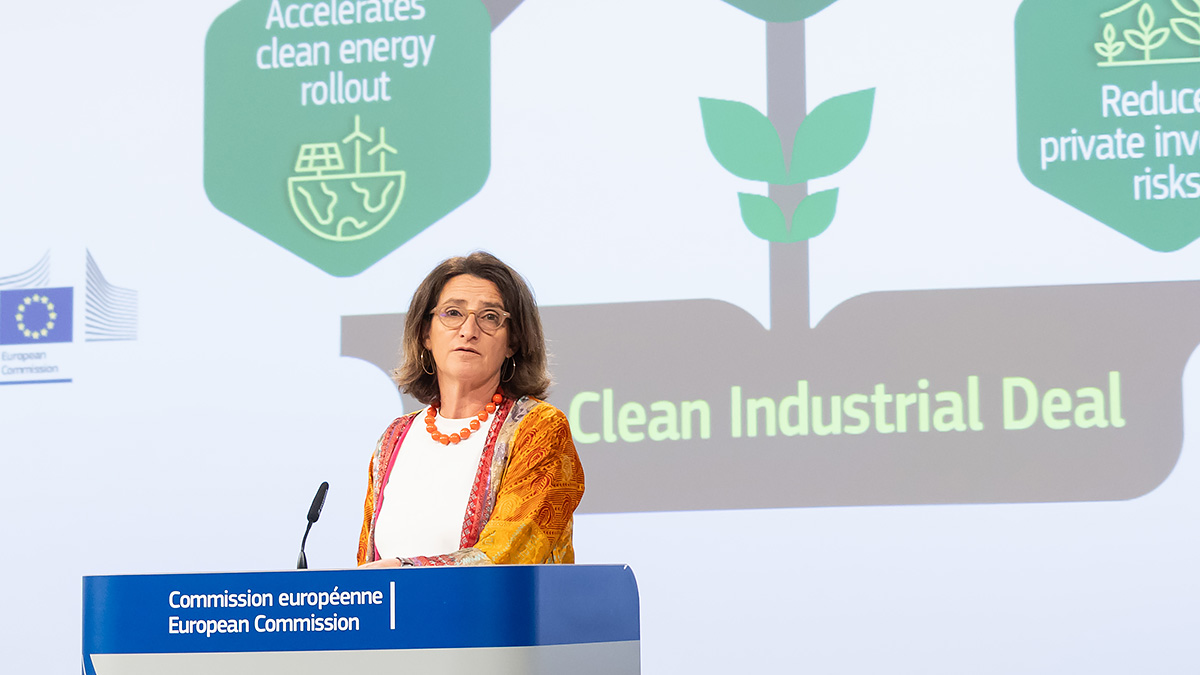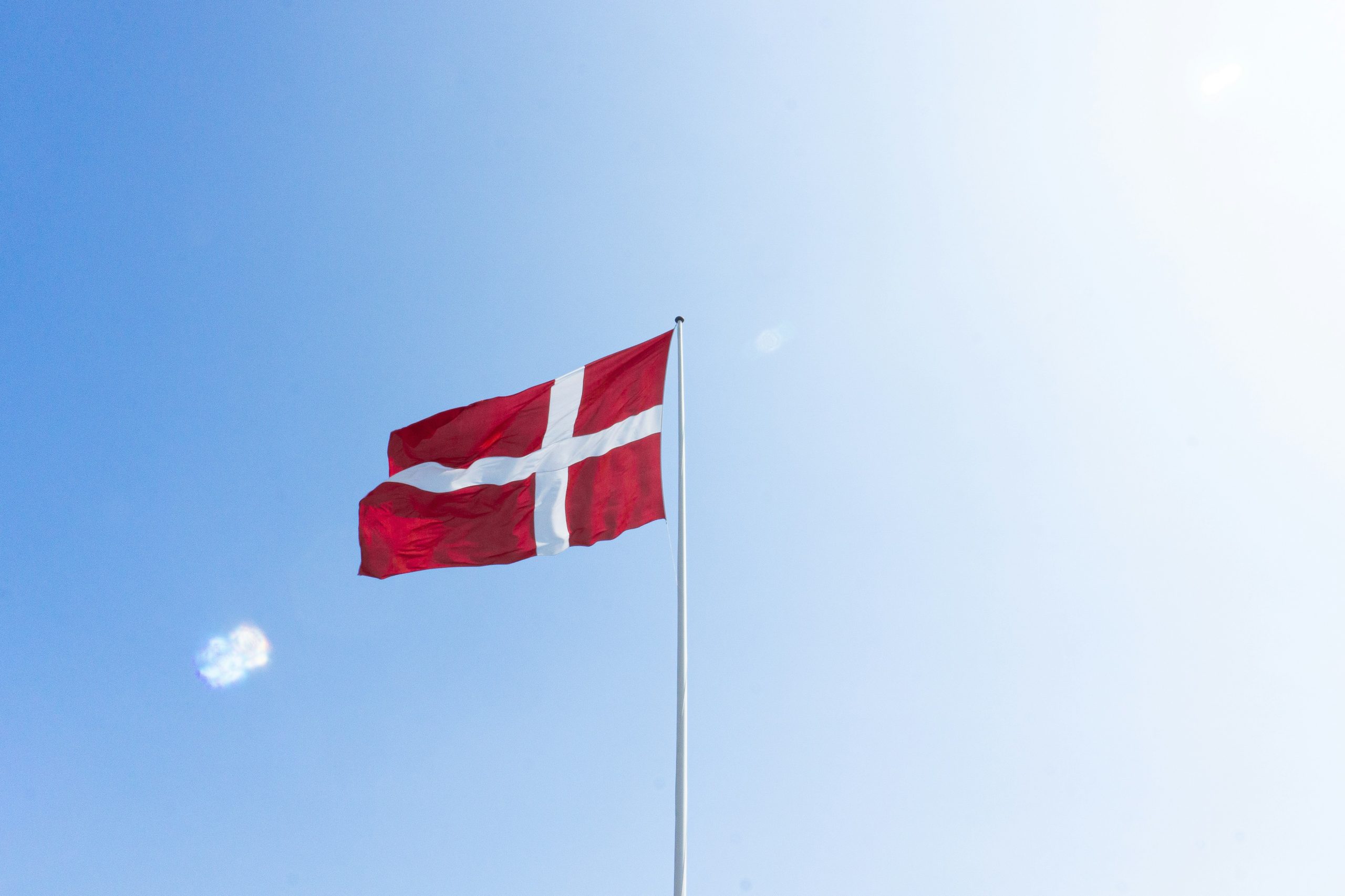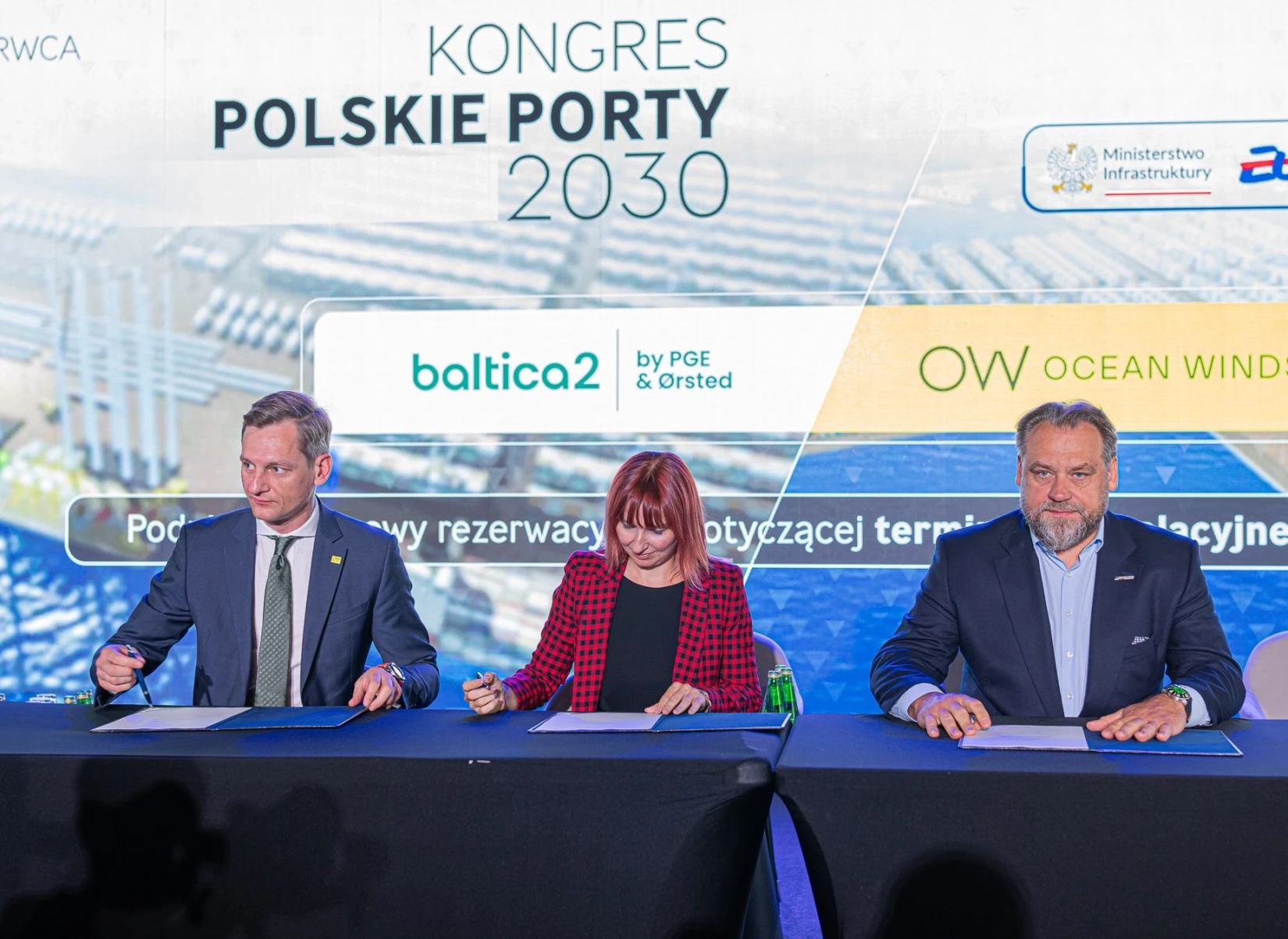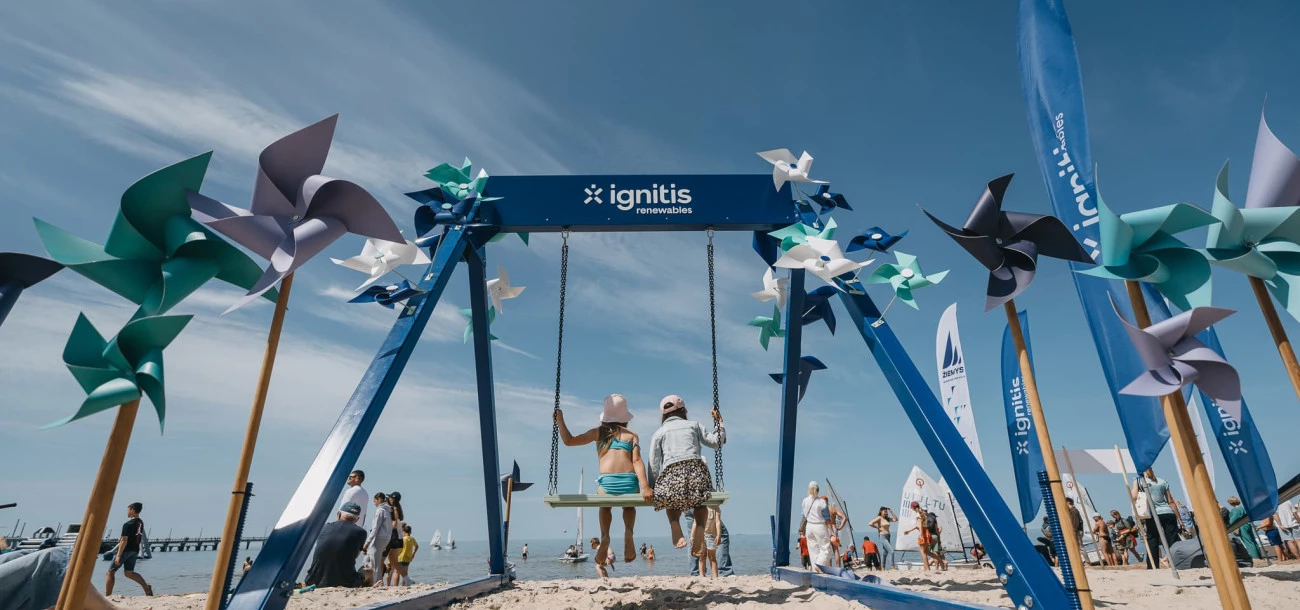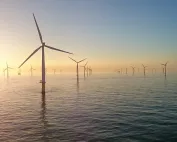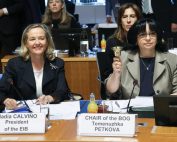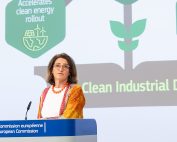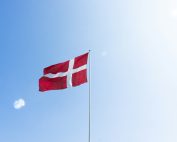The year 2023 marked a dynamic and transformative period for Lithuania’s wind energy sector, shaped by significant milestones and groundbreaking achievements. Selected by the Lithuanian Wind Power Association (LVEA), the events that unfolded reflect the nation’s commitment to renewable energy.From financial support for offshore projects to the announcement of the first offshore wind park winner, Lithuania has emerged as a key player in the renewable energy landscape. Let’s delve into the highlights that shaped the nation’s wind energy journey in the past year.
Financial Support for Offshore Projects:
A major boost to Lithuania’s offshore wind ambitions came with the European Commission’s approval of a 193 million EUR scheme. This financial support is earmarked to bolster the development of offshore wind parks, allowing companies operating within Lithuania and other EU Member States to participate in tenders for permits to install and operate new offshore wind farms in Lithuania.
“This €193 million Lithuanian scheme will enable Lithuania to accelerate the rollout of green energy projects, such as offshore wind farms. This will contribute to the EU Green Deal’s ambitious energy and climate targets, without unduly distorting competition in the Single Market” – said Commissioner Didier Reynders, in charge of competition policy
Ignitis Renewables and OW OFFSHORE Win First Offshore Wind Park Tender:
The anticipation surrounding Lithuania’s offshore wind energy sector reached a climax with the announcement of the winners for the tender of the first offshore wind farm. Ignitis Renewables and OW OFFSHORE emerged victorious, securing the opportunity to construct a 700 MW offshore wind farm in the Baltic Sea. Remarkably, this project is set to be realized without state support, highlighting the industry’s growing competitiveness and maturity.
“The offshore wind farm we are developing is a significant step towards Lithuania’s energy independence. This project will significantly increase local electricity generation from renewable energy sources and, thus, ensure lower dependence on electricity imports. It is the largest energy project in Lithuania, which will be the first country from the Baltic states to have an operating offshore wind farm,” said Darius Maikštėnas, CEO at Ignitis Group.
According to D. Maikštėnas, as part of its National Energy Independence Strategy, Lithuania has an ambitious goal of covering 100 percent of its electricity needs using renewable energy sources. It is estimated that offshore wind will comprise the largest share of renewable energy sources.
Developing the offshore wind portfolio in Lithuania and the Baltic states is at the core of the updated Ignitis Group’s strategy. This achievement will significantly contribute Ignitis Group’s goal of reaching 4–5 GW installed renewables capacities by 2030.
Enhanced Information for Renewable Developers:
Addressing the needs of renewable energy developers, REGIA introduced valuable additions to the geo-information environment map. This tool provides crucial insights into the feasibility of building a renewable energy plant in specific locations, offering information on potential restrictions related to protected areas, cultural heritage, national security requirements, and infrastructure availability. Developers can access this resource at https://bit.ly/3JDrUia.
Lithuania’s Energy Vision 2050:
The Ministry of Energy of the Republic of Lithuania unveiled the ambitious Energy Vision 2050, outlining scenarios that position Lithuania as a next-generation industrial hub and a climate-neutral country. This strategic vision sets the stage for the nation’s sustainable energy future, emphasizing the importance of renewable sources in achieving climate goals. Read more about Lithuania’s Energy Vision 2050 here: https://bit.ly/41aSXZx.
One-Fifth of the Target Achieved:
Lithuania celebrated a remarkable achievement in 2023 as the installed capacity of wind energy projects surpassed 1 GW. This milestone represents 20% of the country’s ambitious plan to develop wind energy capacity, aiming to reach specific targets by 2030. The accomplishment underscores Lithuania’s commitment to a clean and sustainable energy transition.
Second Offshore Wind Park Tender Announced:
“Looking ahead to 2024, the Ministry of Energy has set the stage for further progress by announcing the launch of the second tender for a 700 MW offshore wind park in the Baltic Sea. The tender, scheduled for January 15, 2024, offers developers the flexibility to propose park development with or without public support, fostering competition and innovation in the renewable energy sector. Offshore wind farm development is gaining momentum and we are laying the foundations for a second offshore wind farm tender. We aim for two wind farms to provide up to half of Lithuania’s current electricity demand, which would be a significant increase in national electricity generation”, said Daiva Garbaliauskaitė, Vice-Minister of Energy.
The Ministry of Energy is planning two 1.4 GW offshore wind farms in Lithuania’s Baltic Sea near Palanga. These farms could generate around 6 TWh of green electricity per year – around half of Lithuania’s current electricity demand. At least 3% of the farm’s construction work will have to be carried out by small and medium-sized enterprises.
The successful tenderer will be required to contribute at least EUR 5 million for environmental protection in the Lithuanian maritime area. Once the offshore wind farm is built, the developer will be obliged to make an annual contribution (EUR 1 per 1 MWh of electricity generated) to the municipal communities close to the farm. Preliminary estimates suggest that this could amount to around EUR 3 million per year.
The area of the Baltic Sea for the second 700 MW offshore wind farm is approximately 136.39 km2. The farm will be about 30 kilometres from the coast.
As Lithuania charts its course toward a sustainable energy future, the achievements and initiatives of 2023 lay a solid foundation. The nation’s commitment to offshore wind projects, coupled with strategic financial support and visionary plans, positions Lithuania as a trailblazer in the global transition towards renewable and clean energy sources. The upcoming year holds the promise of continued growth and innovation in the Lithuanian wind energy sector.
Source: LVEA & BalticWind.Eu



